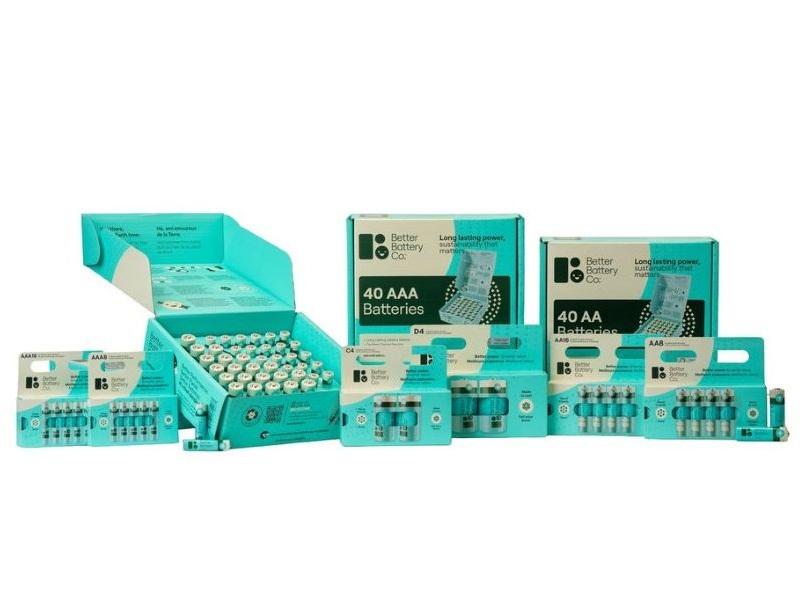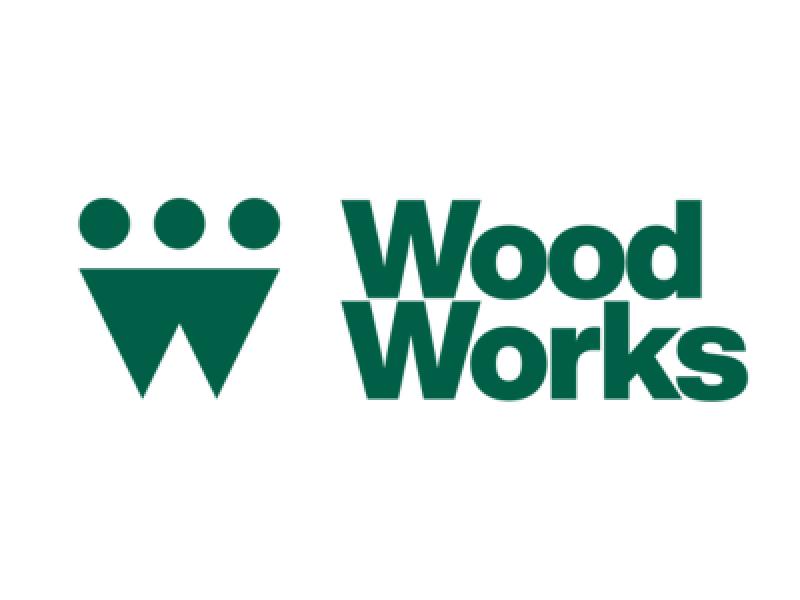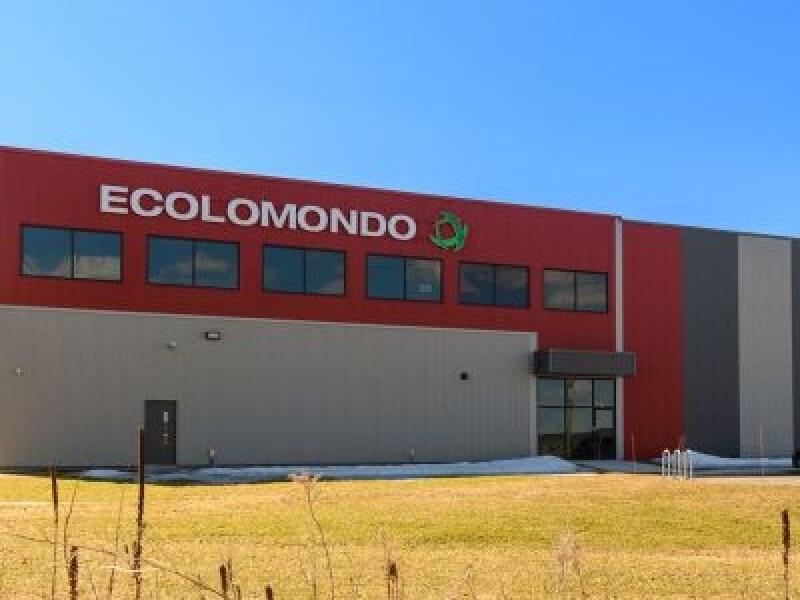 This year has seen significant interest rate hikes when compared to 2021. While the Bank of Canada maintained a steady 0.25 per cent target for the overnight rate between June 9, 2021, and Jan. 26, 2022, March saw the start of what would be a series of heightened rates, with the latest on Dec. 7 bringing the policy interest rate to 4.25 per cent.
This year has seen significant interest rate hikes when compared to 2021. While the Bank of Canada maintained a steady 0.25 per cent target for the overnight rate between June 9, 2021, and Jan. 26, 2022, March saw the start of what would be a series of heightened rates, with the latest on Dec. 7 bringing the policy interest rate to 4.25 per cent.
With the next Bank of Canada interest rate announcement to fall on Jan. 25, developers, current homeowners, and prospective buyers await what could be a further increase.
Amid fluctuating interest rates and heightened construction costs, developers are focused on keeping projects on track and increasing the supply of housing available. In an environment of increasing costs, it is imperative that sustainability is kept on the agenda while navigating uncertainty in the market surrounding interest rates.
Sustainability: a long-term value, not a short-term goal
For companies to pursue sustainability in times of economic uncertainty, there needs to be a consensus around its importance. Implementing changes that will have an impact requires time and money, and as such, sustainability has to become a part of the company culture, woven into how it operates. Without a clear commitment to its importance as a core company value, sustainable initiatives are an easy target, particularly when looking for ways to cut costs.
Sustainability has been an important value at Adera Development (Adera) for much of its 50-plus year history. When our core values were last revisited in 2020, the importance of sustainability came up repeatedly from ownership, management and employees. The company’s dedication to sustainability drives our passion for innovation, and my role was created to lead this division and spearhead the company’s sustainability initiatives.
Adopting third-party sustainability verification programs has been a key part of Adera’s commitment to sustainable construction. We have built on the success of projects like Green in Burnaby, which was the first development to achieve Built Green Gold Certification in 2010.
Later, Adera’s investment in building with cross-laminated timber led to the development of SmartWood®, Adera’s proprietary system for building for the future.
In addition, several new developments are designed with the aim to achieve Fitwel Certification, the world’s leading health and wellness certification. Small steps have helped us become an industry leader in sustainability, and we are continuously trying to take action to become more sustainable. Developers must be innovative and not become complacent with where they are today.
Looking ahead while Interest rates and inflation remain a concern
The Bank of Canada is projecting that GDP growth will slow from 3.25 per cent in 2022 to just below 1 per cent next year and 2 per cent in 2024. By the end of 2023, CPI inflation is projected to increase to approximately 3 per cent before returning by the end of 2024 to the target of 2 per cent. In the meantime, we could see further interest rate increases while economists anticipate a recession. Nevertheless, this should not dissuade developers from moving the needle forward for sustainability.
Evolving sustainability programs can start small, by examining what companies are doing at the office, and taking steps to incorporate manageable victories. For example, our office is in a building that has LEED Platinum, Energy Star, and Fitwel certifications, which was important to Adera. We considered the low-hanging fruit: turning off lights when leaving boardrooms, ensuring the office has a clear system for recycling and composting, and ending the purchase of plastic water bottles. We have also encouraged more online assets for purchasers by providing brochures and homeowner manuals online.
While each of these steps are relatively small and easy to target, together they can make a difference.
Exploring local and practical solutions to province-wide challenges
Many projects have been put on hold due to economic certainty, first during the COVID-19 pandemic and rising construction costs, and now with increasing interest rates. While increased costs and rising interest rates have affected Adera, sustainability has remained a part of all our projects because it is entrenched in our core values.
Allowing employees to work remotely for even one day per week can reduce greenhouse gas emissions from their drive by 20 per cent, which has a practical sustainable impact. Developers can look at alternative construction methods like building with locally produced mass timber, which reduces carbon emissions, instead of with concrete. Presently, however, mass timber buildings can only be constructed to a maximum of 12-storeys, resulting in developers with tower sites choosing concrete. Nevertheless, those developers could move toward low-carbon concrete which would be a good start.
Overall, consumers are becoming more conscious of their daily impact on climate change. If this next wave of consumer consciousness carries across all industries, a strong potential for sustainable change exists. At present, developers need to assess the extent to which sustainability is important to their company. If sustainability is woven into the fabric of their operations, it will remain on the agenda through times of economic uncertainty.
EDITOR'S NOTE: This column was updated to include new information in the wake of the Bank of Canada's interest rate increase on Dec. 7.










